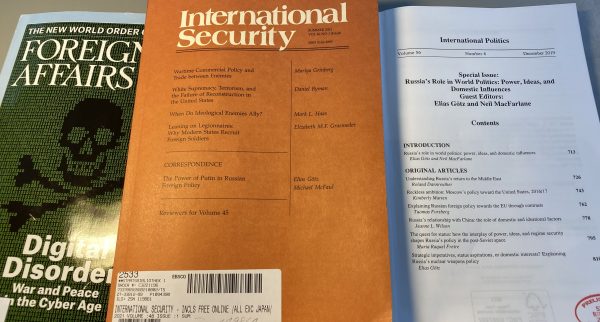In Europe many people were lucky to live without the existential threat of war for a long time now. Putin has stopped this with his land-grabbing in Ukraine. We wonder why, what, when and where? War is back in our minds again. Members of the birth cohorts of the 1920s, 30s or early 40s have direct experience our traumatic memories related to war times. Some later born cohorts suffered from various forms of deprivation . Economic reconstruction or even so-called miracles may follow and can soften the traumatic experience, often by way of focusing attention on repair and new investments.
The work by James Hillman “A terrible love of war” has been a difficult read. To acknowledge that “war is normal” and our mindsets should take this into account, is hard to accept. Hillman cites Susan Sontag to state that “we cannot imagine how terrible war is – and how normal war can become”. We need a leap of imagination (p. 9) to grasp the mythical element about war which seems to be beyond the rational understanding of it. Greek tragedies told us, all along for more than 2000 years. The Romans exceled in it and German perfectionism and cold-bloodedness added the most horrible recent experience of war for millions of people. Memory and historical knowledge are important to activate recall for older and learning for younger generations. (short Video clip on war and UKR)


